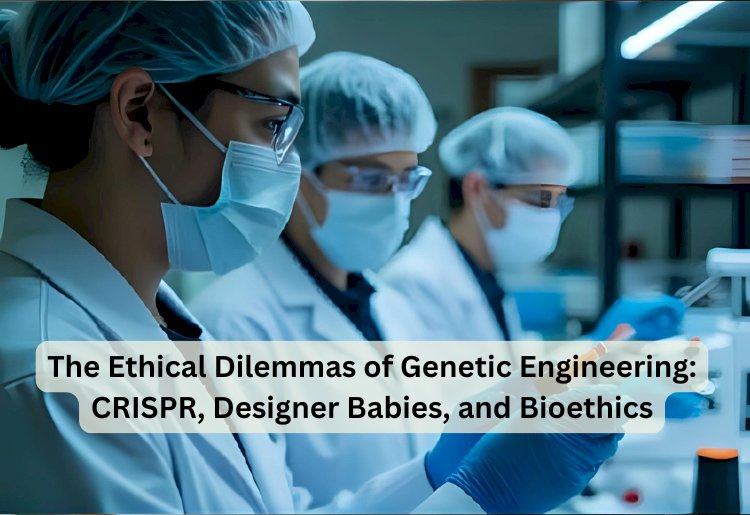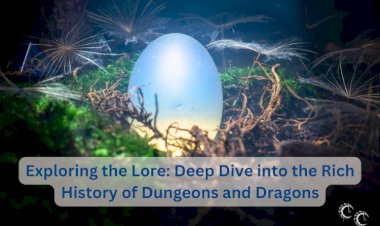The Ethical Dilemmas of Genetic Engineering: CRISPR, Designer Babies, and Bioethics

Genetic engineering has rapidly moved from science fiction to scientific reality. With tools like CRISPR-Cas9, scientists can edit DNA with unprecedented precision, opening possibilities for curing genetic diseases, improving crops, and even altering entire species. But with such power comes a host of ethical dilemmas—especially when the changes affect future generations.
CRISPR: A Game-Changer in Genetics
CRISPR technology acts like molecular scissors, allowing scientists to cut and replace specific DNA sequences. It has already been used in laboratory experiments to correct genetic mutations, potentially curing diseases like sickle cell anemia and cystic fibrosis. However, this same capability raises concerns about how far we should go when altering the building blocks of life.
The Promise and Peril of Designer Babies
One of the most controversial topics in genetic engineering is the concept of “designer babies”—genetically modifying embryos to enhance physical traits, intelligence, or athletic ability. While the idea of eliminating genetic disorders is widely supported, manipulating traits for non-medical reasons raises questions about inequality, social pressure, and the definition of human identity. Critics warn this could lead to a modern form of eugenics, where only certain traits are valued.
The Bioethics Debate
Bioethics asks us to weigh the potential benefits of genetic engineering against its risks and moral implications. Key questions include: Who gets access to these technologies? How do we ensure informed consent, especially for future generations who cannot voice their choice? And what safeguards are needed to prevent misuse or unintended consequences?
Global Regulation and Responsibility
Regulations on genetic engineering vary widely across countries. Some nations have strict bans on germline editing (changes that can be inherited), while others allow limited research. The lack of a unified global standard creates challenges in preventing unethical practices. Many scientists call for international cooperation and oversight to ensure these powerful tools are used responsibly.
Walking the Line Between Progress and Ethics
Genetic engineering has the potential to reshape medicine, agriculture, and even human evolution. The challenge lies in embracing the benefits—like eradicating hereditary diseases—while ensuring we don’t cross ethical lines that could have irreversible social and biological consequences.
Ultimately, the debate over CRISPR and genetic engineering forces us to confront a fundamental question: just because we can change life at its core, does it mean we should?






























